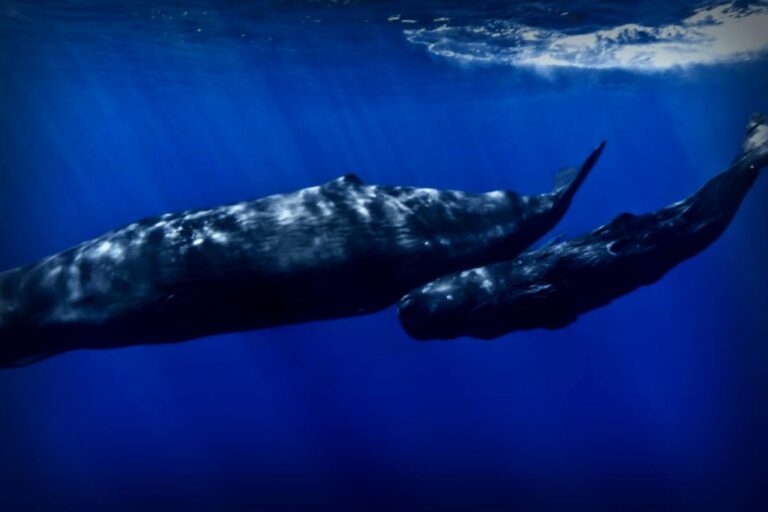One of nature’s coolest creatures is helping scientists a ton. Happy Shark Week!
What’s the deal with sharks and hurricane predictions? Well, biologists have teamed up with these incredible creatures to better forecast future hurricanes, according to a recent article by The Washington Post.
This new research couldn’t have come at a better time, especially after the Trump administration cut funding and staff at the National Oceanic and Atmospheric Administration (NOAA), leaving biologists with fewer resources for tracking storms. Fortunately, these underwater allies are stepping up with valuable data!
These sharks are wearing special sensors on their dorsal fins that help collect important ocean info for hurricane prediction, like water temperature, salt levels, and depth.
Why is understanding water temperature so crucial? Because warm waters are a vital ingredient for hurricane development. The ocean heats the air above it, creating moisture-laden clouds. The warmer the water, the more powerful the potential storm!
Sharks are uniquely qualified for the job because they operate deep underwater, where their movements are not limited by the constraints other data collection methods face. As Caroline Wiernicki, a shark ecologist and PhD student, puts it, “Sharks are quicker than robotic gliders and can stick around for longer periods. We hope this partnership will maximize what we can learn with existing monitoring tools.”
So how do researchers get these sharks on board? It’s pretty simple—food! Back in May, scientists tossed frozen chum into the ocean which attracted two shortfin mako sharks. These predators were gently captured and tagged to minimize discomfort.
As the fastest known sharks, shortfin makos are great choices for data collection near the ocean’s surface, where their sensors can easily transmit information to satellites.
While one shark hasn’t yet swum into deeper waters to collect readings, the second shark has already started sending temperature data!
Jill Trepanier, a professor of hurricane climatology at Louisiana State University, emphasizes the importance of accumulating data. She stated for the Post, “The more information we get, the better decisions we can make. Whether it comes from a shark or a buoy, I’m all for it.”
And let’s not forget that sharks aren’t alone in helping scientists with data. Other animals like southern elephant seals and narwhals have been tracking temperature in polar regions for years, and bizarrely, nearly a decade ago, there were attempts in Russia and Ukraine to use dolphins and whales for military data-gathering.
This originally appeared on inc.com.
Check out the Inc. newsletter here: inc.com/newsletters





















